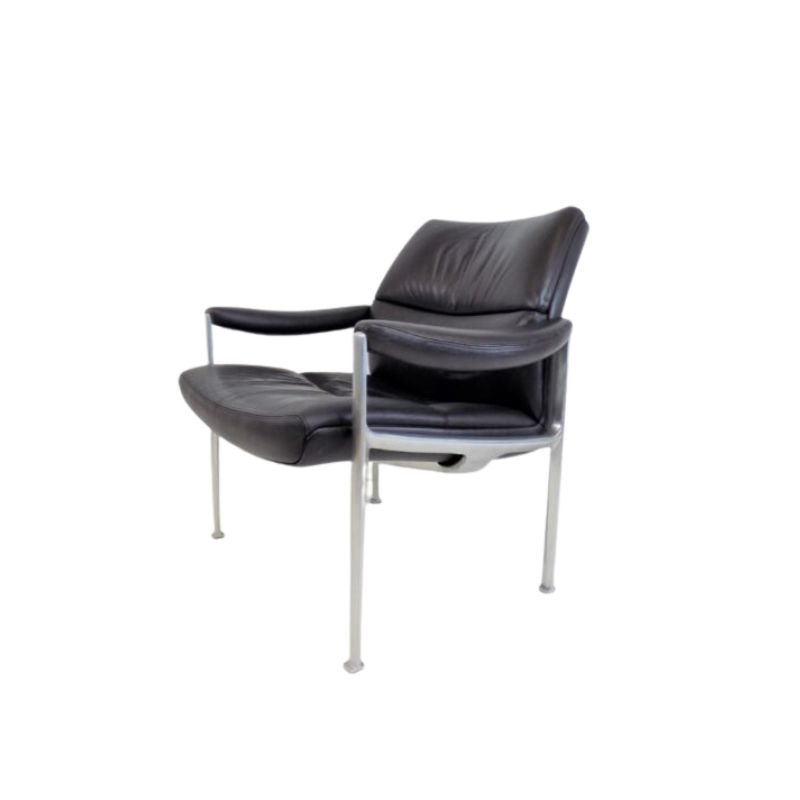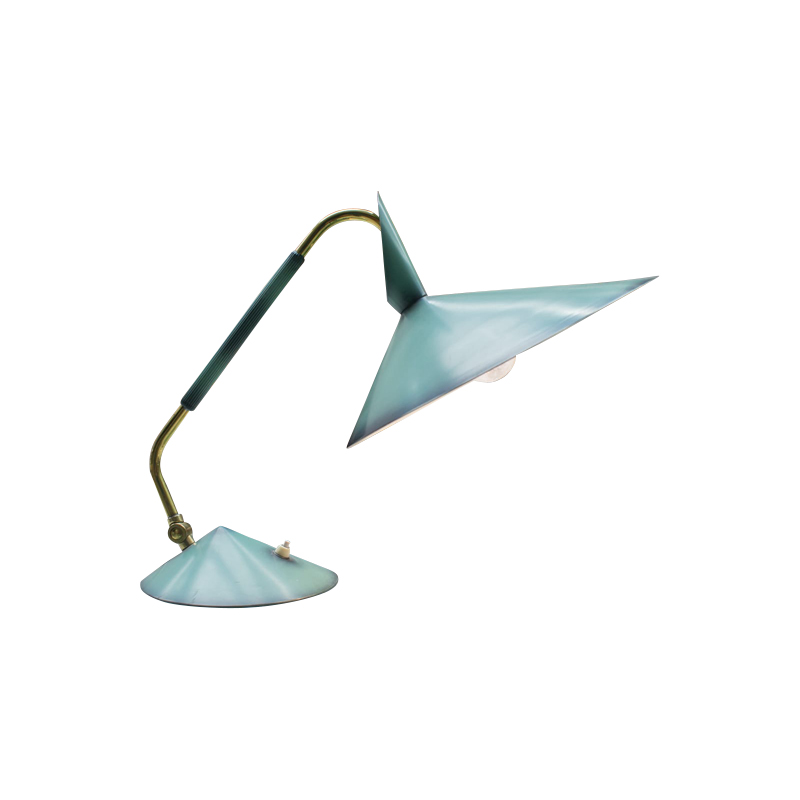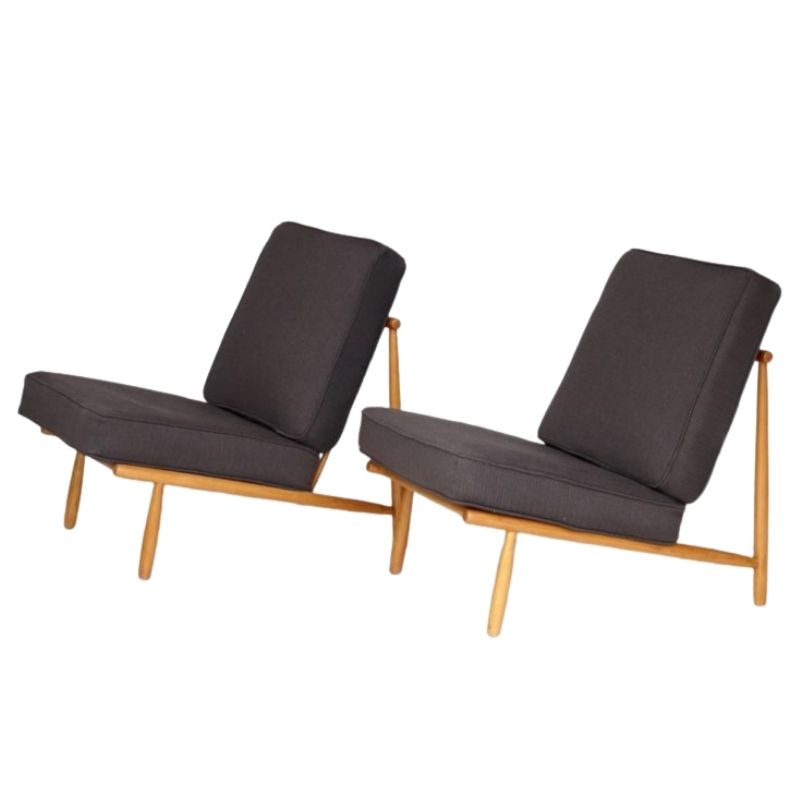I came very close to bidding on a somewhat rough Aalto Paimio table at a recent auction—I've always wanted one—but chickened out at the last minute due to a few small differences between this example and others I've seen: the screw placement, the way the top shelf appears to be attached, that odd lip on the top shelf.
https://www.liveauctioneers.com/item/39073234_alvar-aalto-early-table-group
Was I wrong to pass? The legs of the accompanying stool are correct; maybe this is an early variation? Or could it be fake? I wasn't previously aware of any Paimio table copies—especially copies this old and in natural plywood—but I defer to the experts.
Thanks so much. <img class="wpforo-default-image-attachme
<img class="wpforo-default-image-attachme
Did you go to the preview first before you went to the actual auction date?
If you did not, the preview (usually for several days) was the opportunity to do the research by looking at the item closely for sale and comparing them from examples from books, museum collections, high end vintage gallery shops and like most do in the digital age "google" from their smart phones while standing in front of the item being examined.
This is also why anyone interested in acquiring examples of 20th century design (whether for less or paying top dollar) should know more than the dealer/seller or in this case the auctioneer. A seasoned collector can spot (or smell) a knock off, a fake and the look alikes or even the heavily disguised (bad refurnbish/repair) from miles away.
It is too late now but good luck the next time you go.
I wish I had the opportunity to go to the preview, but I live on the other side of the country.
Any thoughts on the authenticity of this particular Aalto piece? The Paimio table is still on the top of my list, so I'd like to be better informed the next time a purported example comes up for auction or sale.
I've checked all of my books. Google is no help. That's why I've put the question to you guys. I've noted the discrepancies; just trying to figure out if they make it a fake or if they are authentic variations. Please let me know if you have any insights.
Many thanks!
There's a neat chapter about a forgery and this idea of immediately assessing things intuitively as to their rightness or wrongness in the book "Blink" by Malcolm Gladwell. Pretty interesting shit.
Another one will come around that will be more clear to you, I imagine.
Artek is a Finnish company. It seems odd that a Finnish company might mark their pieces with the words "Made in Sweden" only.
http://a.images.blip.tv/Henrichy0205blip-AlvarAaltoAtVitraDesignMuseumIn...
If you are near any of these venues and interested in learning about the work of Aalto, this might be for you.
'Alvar Aalto Second Nature' at Vitra Design Museum, 27 September 2014 - 1 March 2015 ; CaixaForum, Barcelona, May - August 2015 and CaixaForum Madrid, September 2015 - January 2016
and there is a book published too if not near any of the venues. Good Luck.
Also, the 3-legged stool I pulled out of the dumpster outside the Baker House MIT Campus in Cambridge, MA had no marking except a couple of nail holes that possibly had an old Artek label(?) but I can't say that will be always true for all older/vintage pieces.
If you need any help, please contact us at – info@designaddict.com









